The Road to Robots: A Canadian Dairy Shares Their Journey
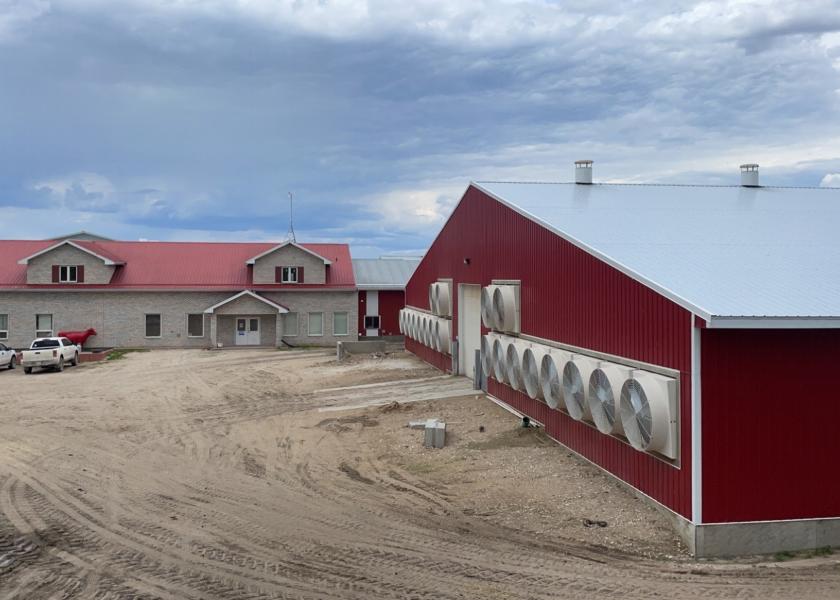
A barn fire in 2019 was almost a blessing in disguise for the de Jong family who owns and operates ELBI Dairy in La Broquerie, Manitoba. Michael de Jong, who represents the second generation of family operators, says that the fire left them with a new vision for dairy.
“At that time, we also knew labor shortages were an ongoing concern in our area,” de Jong says.
Early Days
In 1998, Michael’s parents, Pieter and Astrid de Jong, immigrated to Canada from the Netherlands, purchasing a 55-tie stall barn in Kleefeld, Manitoba. In 2002, an opportunity presented itself with the purchase of their current dairy that allowed the family to expand to 350 cows. Over time, Peter and Astrid, along with their sons, Michael, John-Peter, and Alex, now manage a herd of 900 milking cows and farm 4,500 acres.
Technology Adaptation
After the fire in 2019, the de Jongs opted to install four Lely A5’s, along with two 120 discovery collectors (manure collectors), and one Juno flex (feed pusher). Two years later, the decision was made to put in 12 additional A5’s milking robots, 11 manure collectors, 1 Juno and 4 Lely walkways.
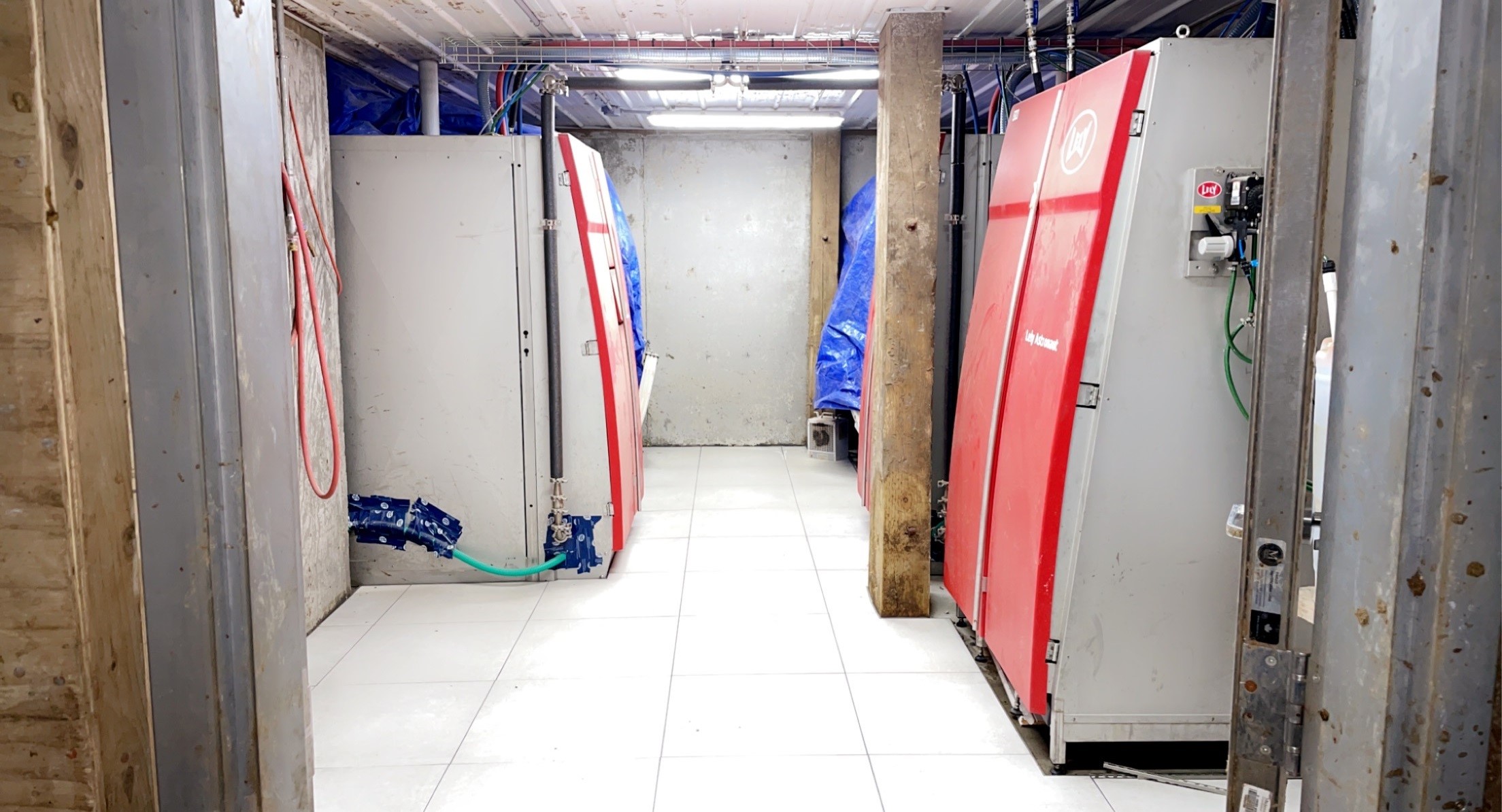
“We finished putting the last milking robot in July of 2021,” de Jong shares. “The cows have responded well to the milking robots and the overall retrofit project.”
Over time, the de Jongs report they have seen a 7-8 liter per cow increase in milk production and their SCC has dropped from 183,000 to 88,000.
“I have seen a 52% decrease in hoof trimming costs due to pens staying cleaner and no manure build-up by having Lely discovery in a short year,” de Jong says. “Overall, cow health has improved, and they seem comfortable and happy. I have honestly no regrets about transitioning to automation.”
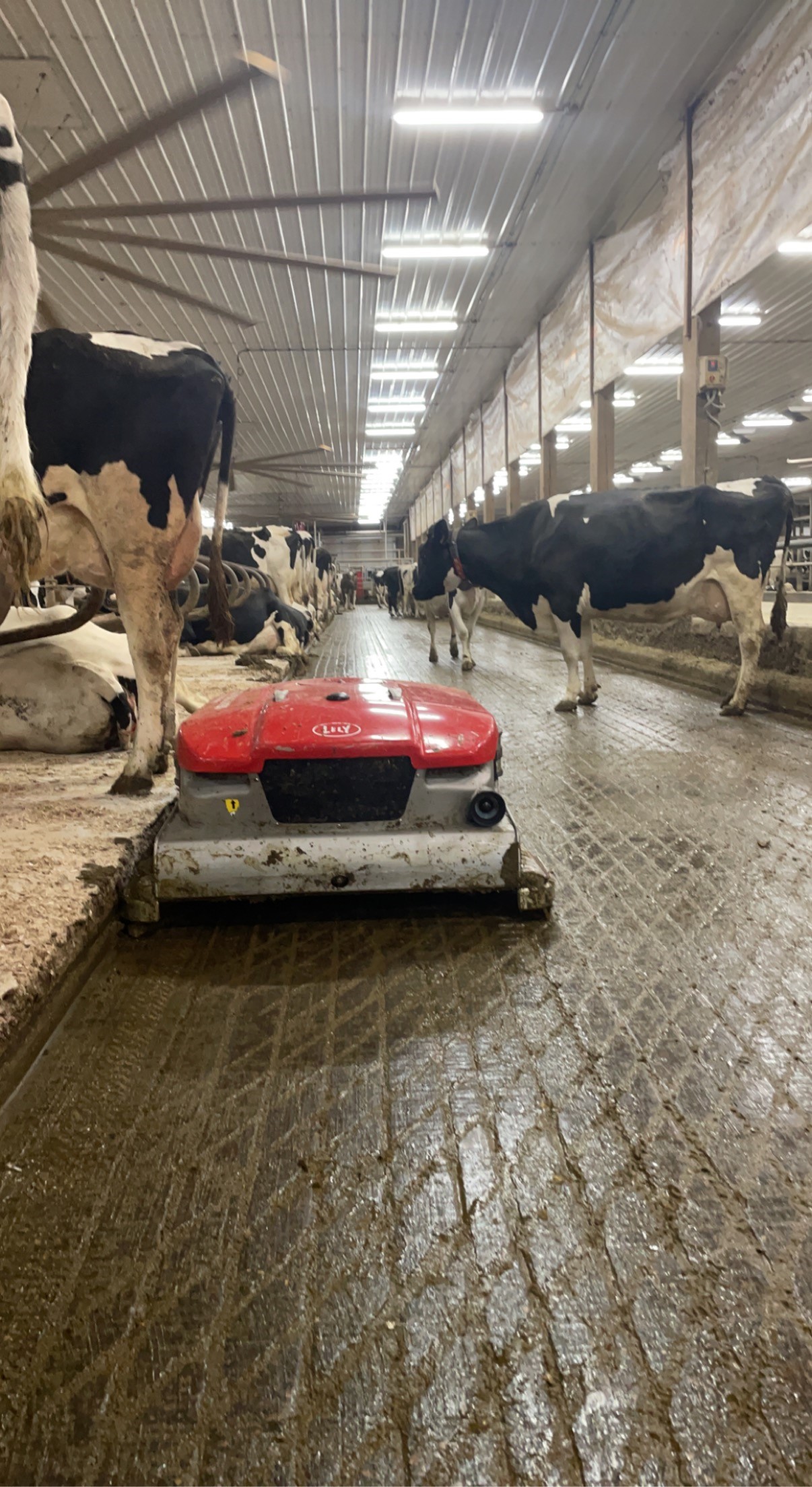
Moving Forward
“Technology creates opportunity, and we decided to capture that opportunity for our farm and haven't looked back,” de Jong says. “Technology made our farm more efficient in management style, helping us as farmers make management decisions. Also, it has allowed us to be more efficient on a per cow basis in capturing higher milk production and lowering overall costs. It creates awareness, allowing us to see how the cow is feeling and her general health.”
The change from milking conventionally to robotically has its benefits according to de Jong.
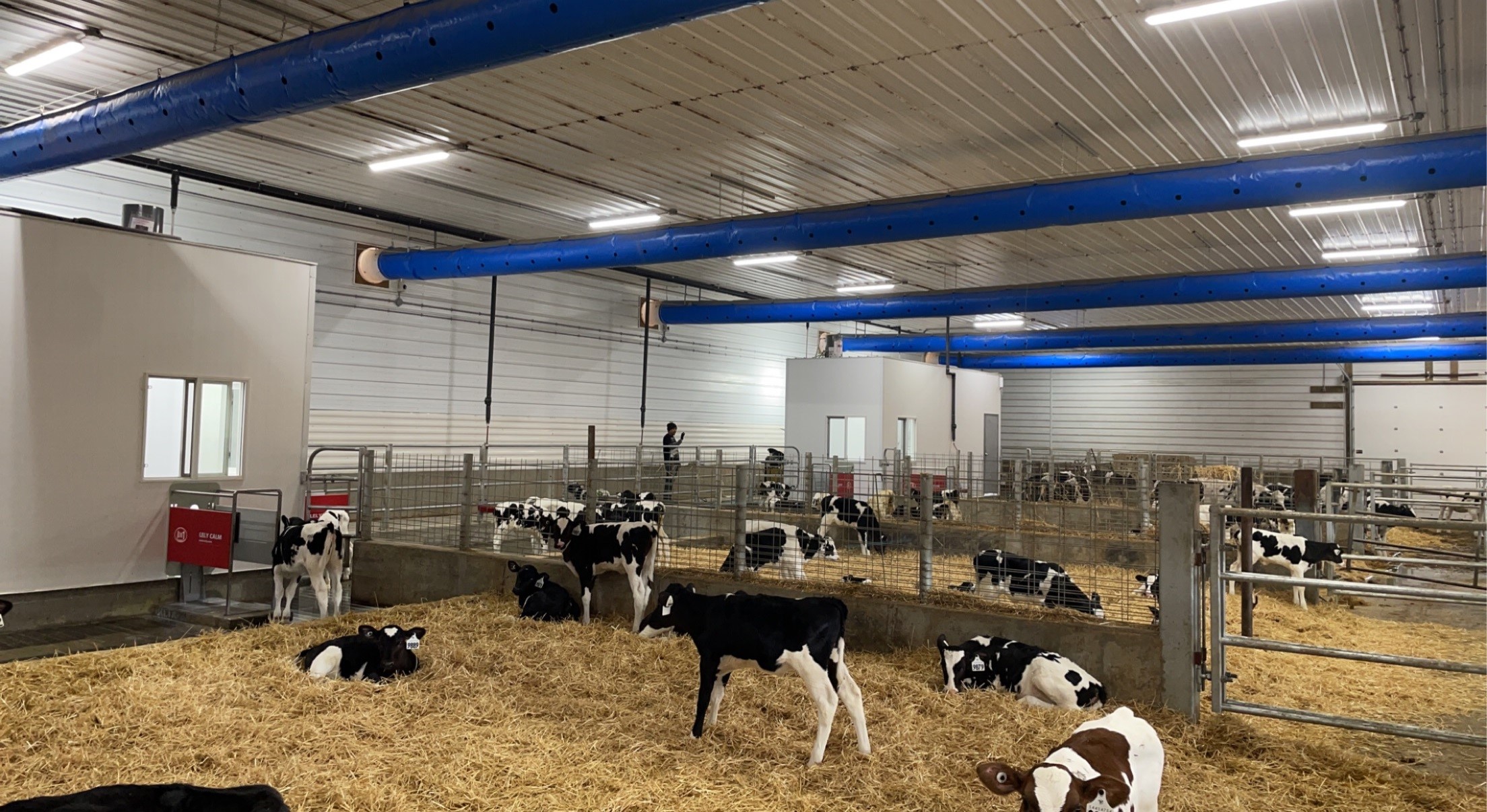
“Less physical work for employees, which creates a more positive working environment,” he says. “Cows are not as stressed, and they can establish a desired daily routine and overall get to be happier in their environment.”
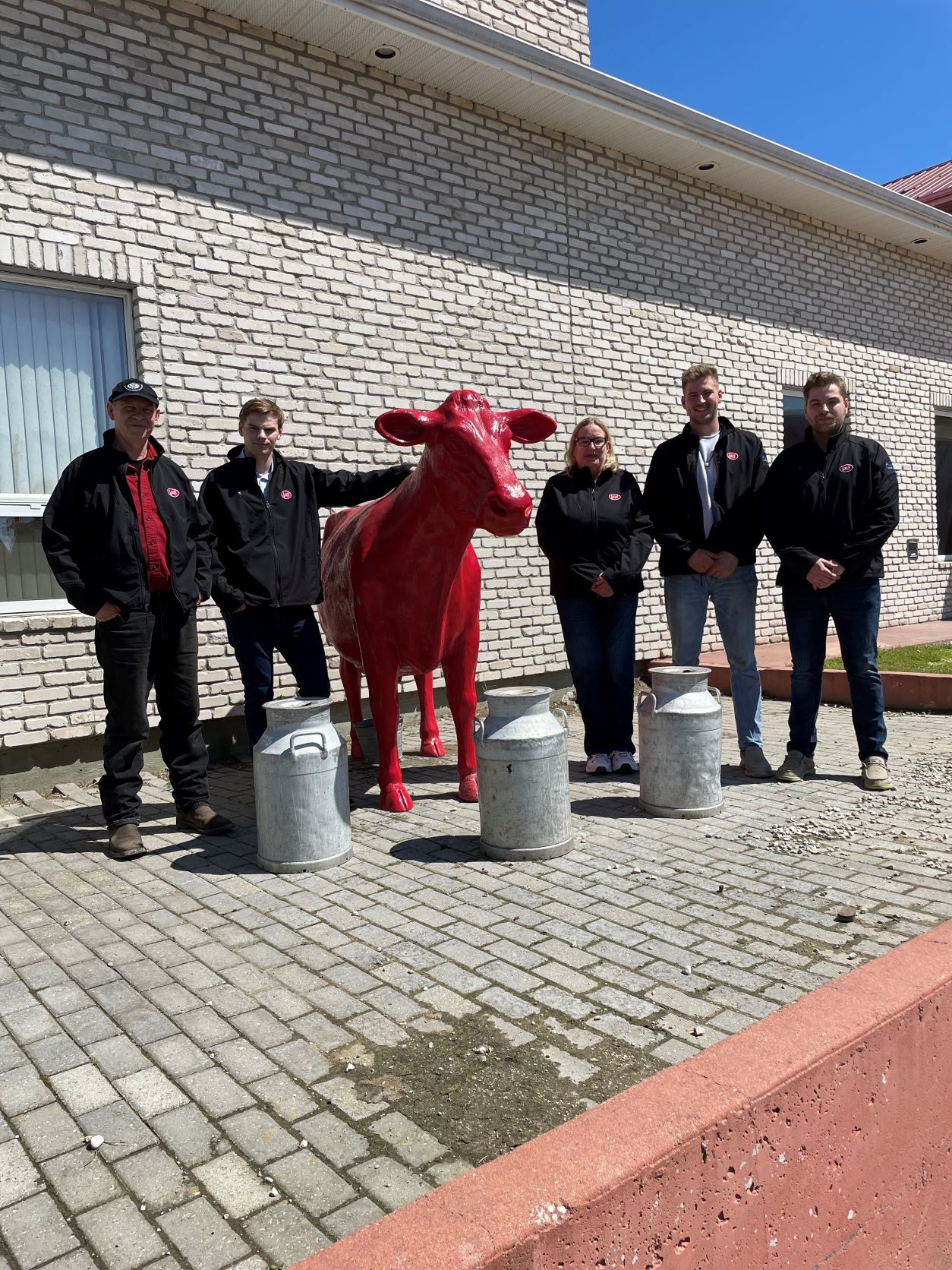
Grand Opening
Chad Huyser, President of Lely North America, is excited about the grand opening of Lely North America in Pella, Iowa, on June 2. The $23 million investment in the campus supports the long-term vision of the team’s work each day to create “A Sustainable, Profitable and Enjoyable Future in Farming.” Lely, which broke ground on this location in 2020, is the only dairy/livestock automation company that manufactures and assembles robotic milking and feeding equipment in North America.
“Lely Park represents our ongoing commitment to our dairy producers and Lely centers across the U.S. and Canada,” he says. “This expansion builds upon our first manufacturing facility here in the Pella, Iowa, area over 10 years ago. It will allow us to continually grow our capacity to manufacture and support the strong and growing demand for Lely automation and technology.”
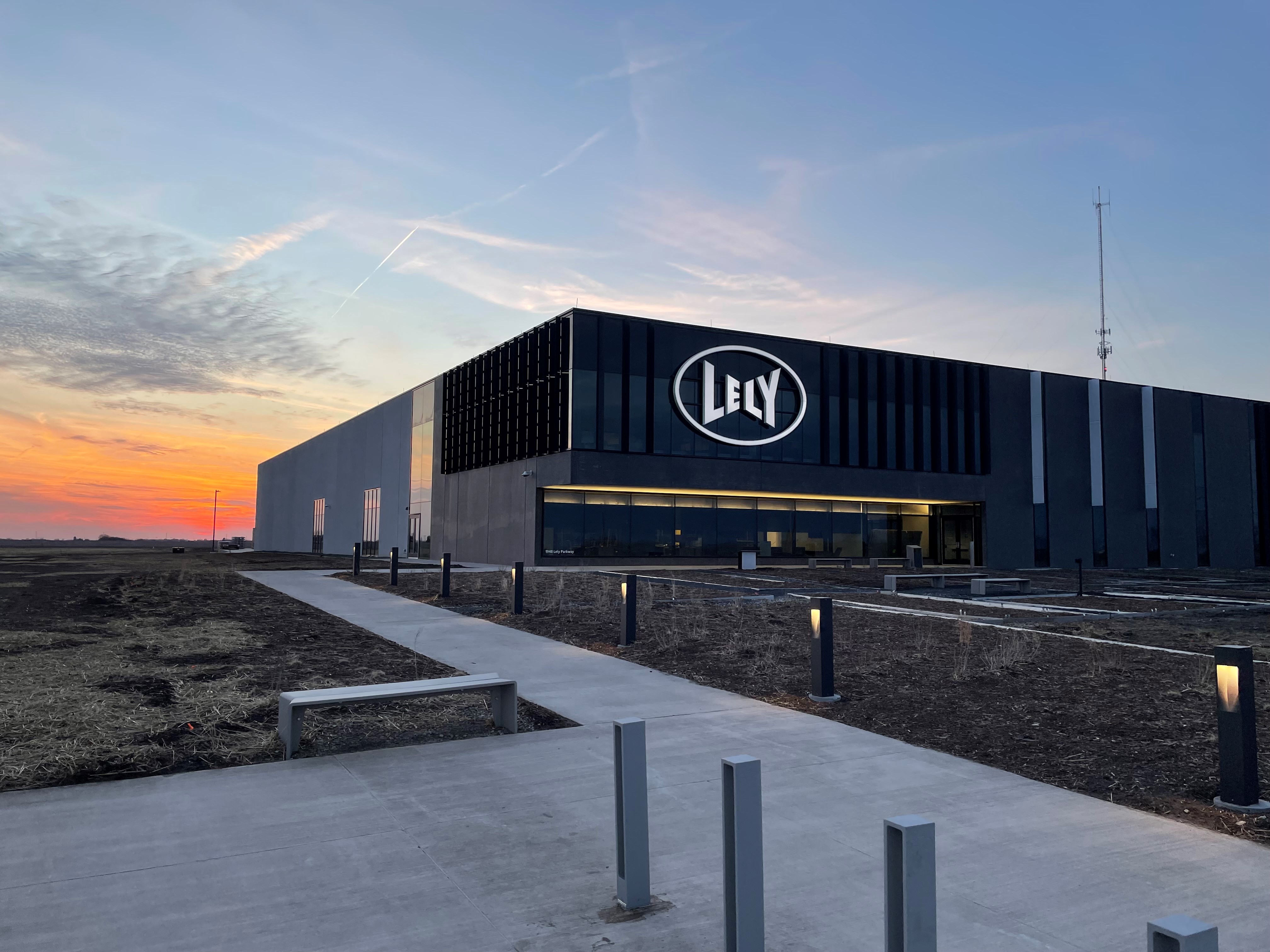
Lely’s vision of creating a sustainable, profitable and enjoyable future in farming is why Huyser says they are able to perform through their ground-breaking innovation and technology, like robotic milking, feeding and manure management systems.
“Dairy producers continue to rapidly increase their adoption of technology as the benefits of real-time data regarding their cow health, milk quality and overall farm management information give them better insights and decision-making tools,” he says.
This kind of technology is what de Jong is not only thankful for but the kind of technology that helps combat labor issues, as well as advance his herd in terms of production and improved health. He also says automation has created a better work environment.
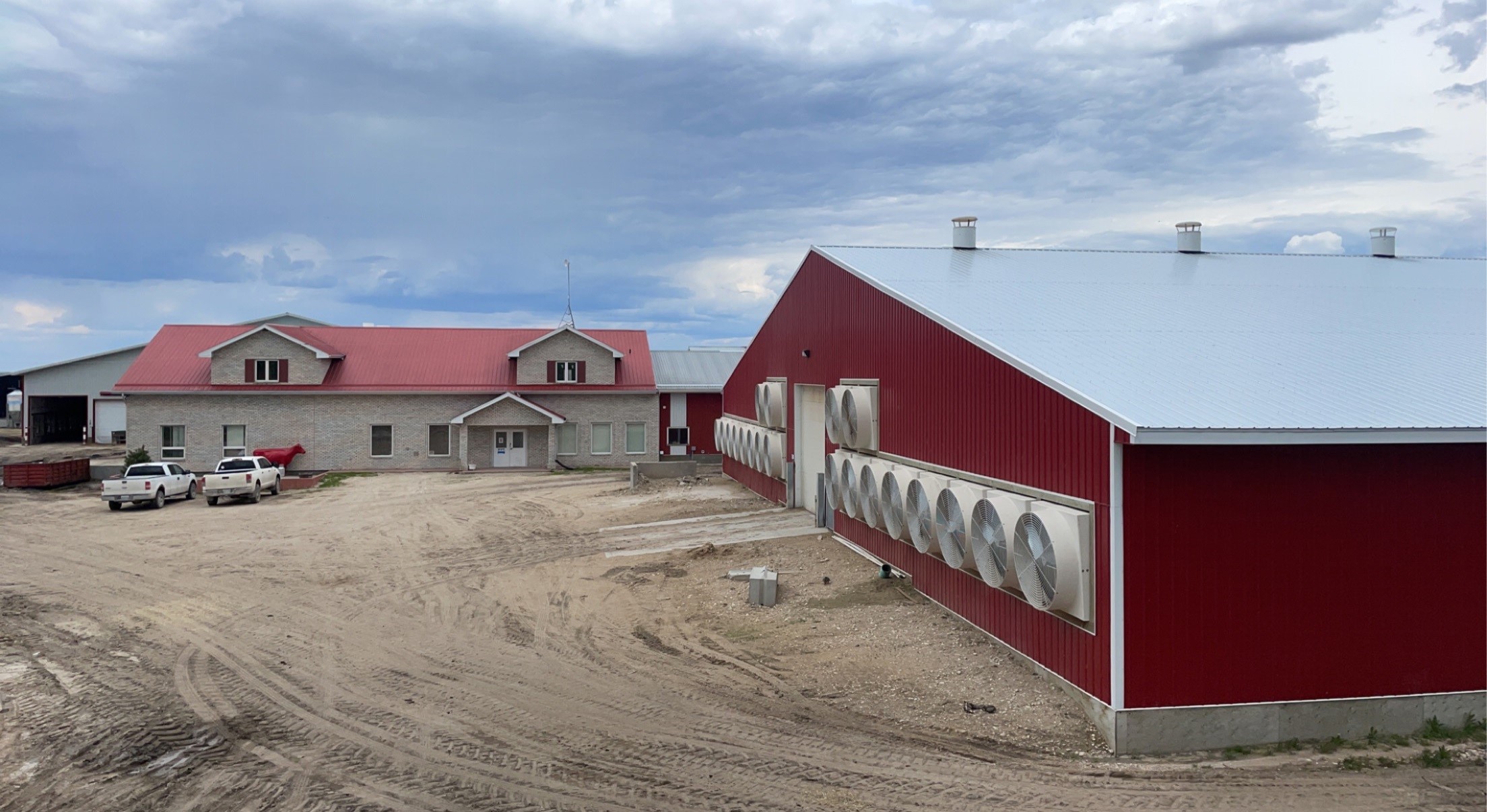
“As a family, we desired lighter workloads, greater flexibility, and improved efficiency,” he says. “Therefore, going towards automation seemed realistic.”







